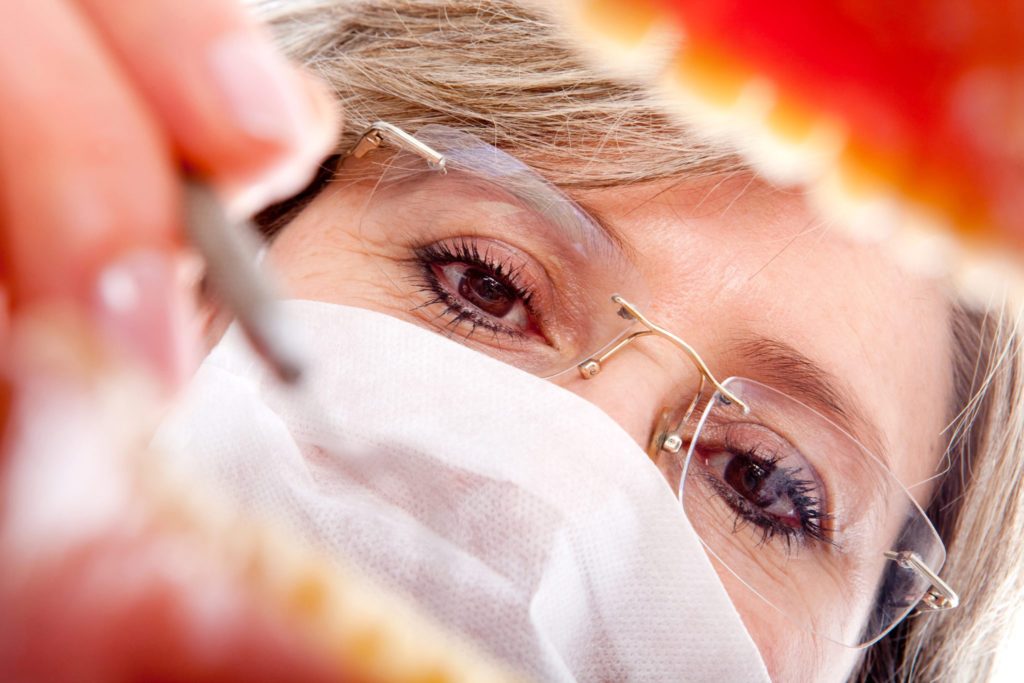Oral Bacteria Linked to Pancreatic Cancer

The presence of a specific type of oral bacteria may show an increased risk for patients suffering from pancreatic cancer McKinney and enable earlier and more comprehensive treatment. This finding was the primary take away from a study conducted by researchers at NYU Langone Medical Center that will be presented at the annual meeting of the American Association for Cancer Research.
Patients suffering from pancreatic cancer are known to have a high susceptibility to cavities, gum disease and poor overall over health, states the authors of the study. That vulnerability encouraged researchers to search for a direct connection between the composition of bacteria driving oral disease and subsequent development of pancreatic cancer, a disease that annually leads to 40,000 deaths in the U.S. largely due to a lack of early detection.
This study provides the first direct evidence that specific alterations to the microbial mix in oral cavity represents a likely risk factor for the development of pancreatic cancer in addition to family history of the disease, ethnicity, smoking, gender and age, according to researchers.
Specifically, researchers discovered that women and men whose oral microbiome included the bacteria Porphyromonas gingivalis had a great than 59 percent chance of developing pancreatic cancer when compared to patients without the bacteria present in their biomes. Additionally, patients whose biomes contained Aggregatibacter actinomycetemcomitans were at least 50 percent more likely to develop pancreatic cancer. Previous studies have linked the presence of both types of bacteria to such diseases as periodontitis, a severe form of gum disease.
Researchers believe the bacterial changes in the mouth could potentially indicate to doctors patients most at risk of developing pancreatic cancer.
A study published earlier this year by the same research team linked cigarette smoking to a dramatic change in the mix and amount of bacteria in the oral biome. However, researchers caution that further research is needed to determine whether a cause-and-effect relationship exists, or how or whether changes to the biome caused by smoking alter the immune system or in any way trigger cancer-causing activities in the pancreas.
As part of the latest study, researchers examined bacterial components in mouthwash samples from 371 female and 361 male patients of similar ethnic, gender and age who developed pancreatic cancer. All of the study participants were initially healthy and participating in a bigger ongoing examination of risks related to cancer led by the American Cancer Society and the National Cancer Institute. Researchers collected samples of mouthwash at the beginning of the study and continued to monitor participants for nearly 10 years to determine who developed cancer.
